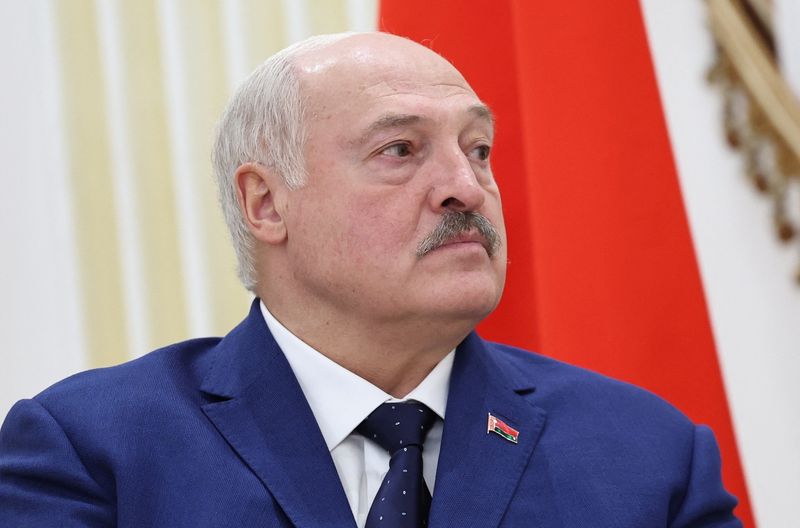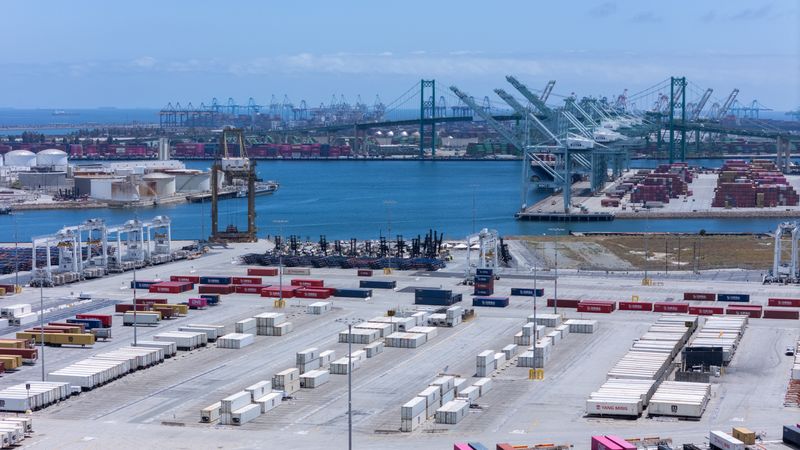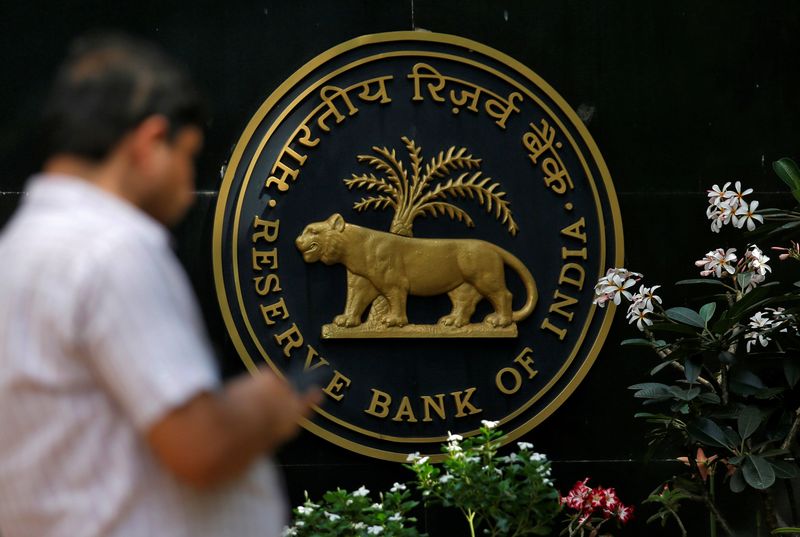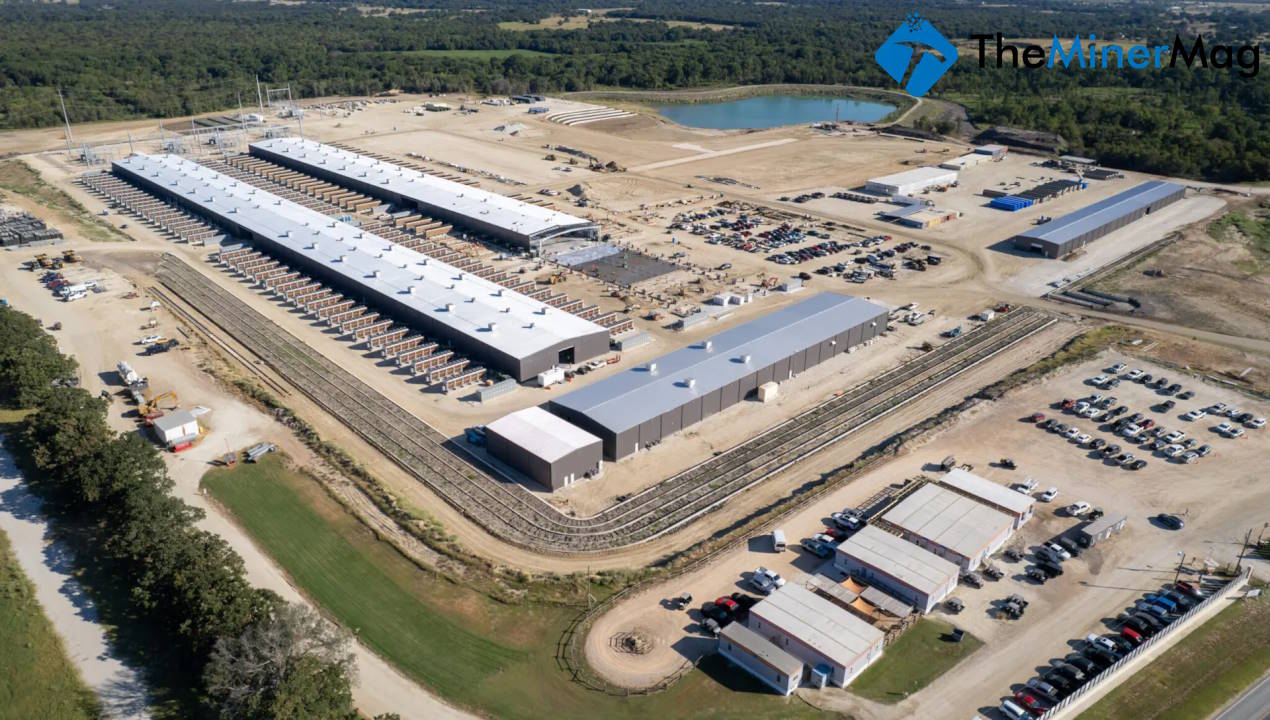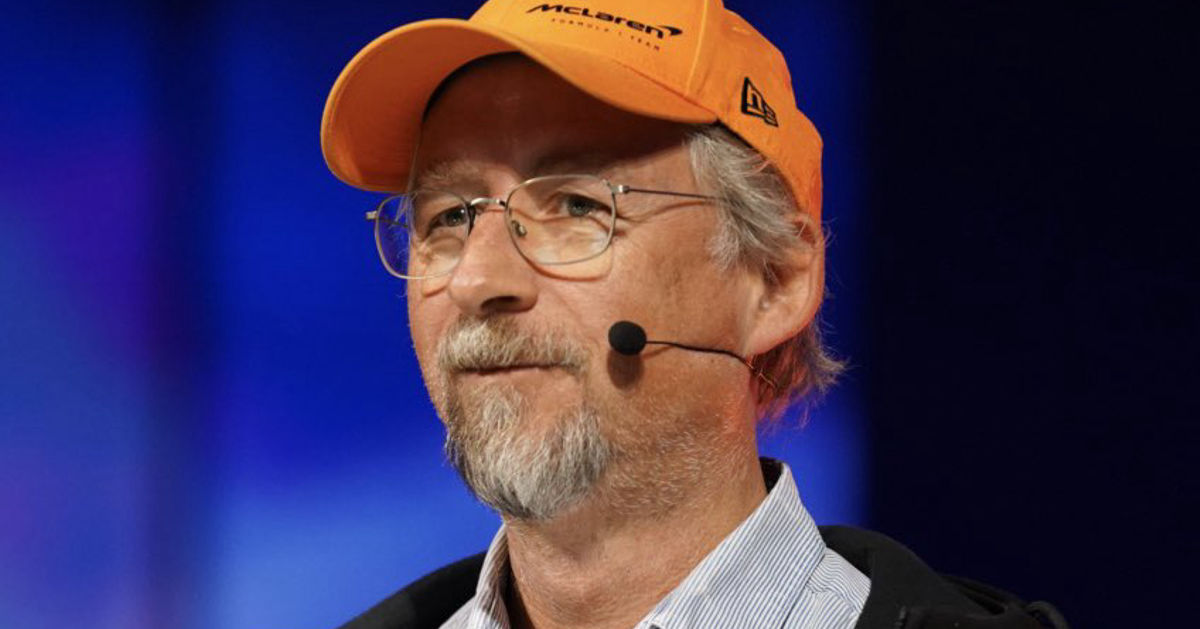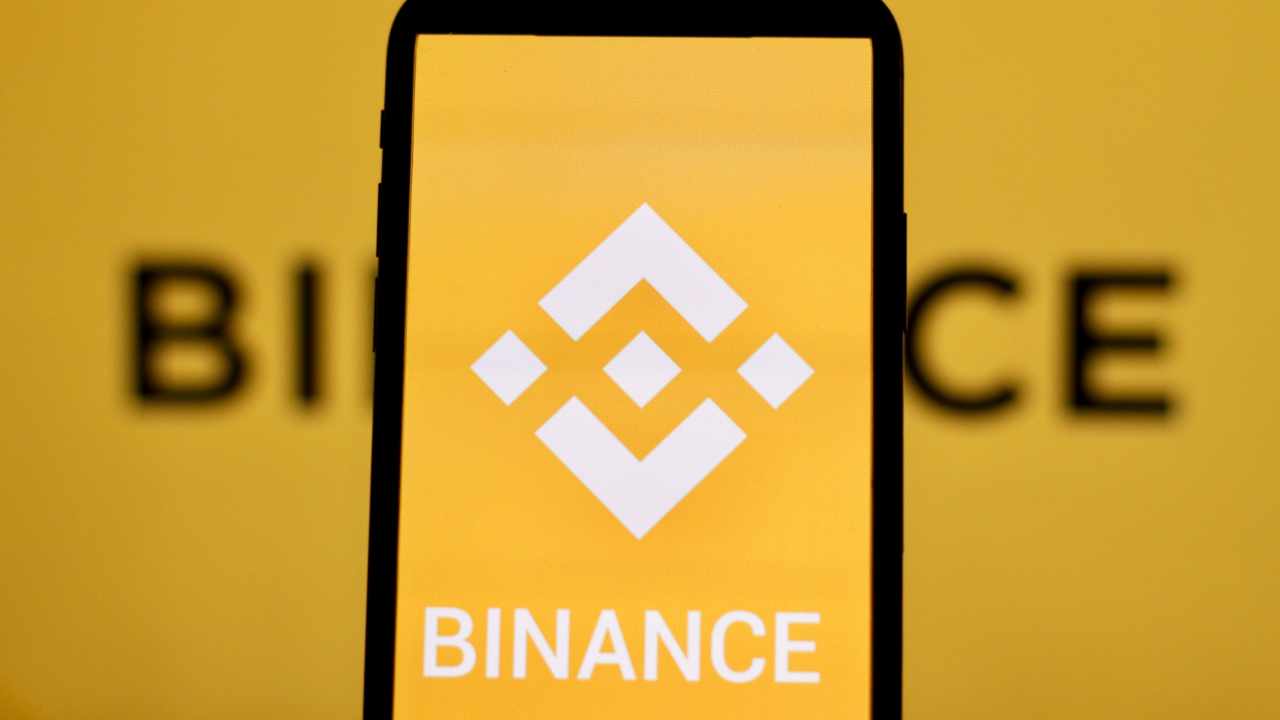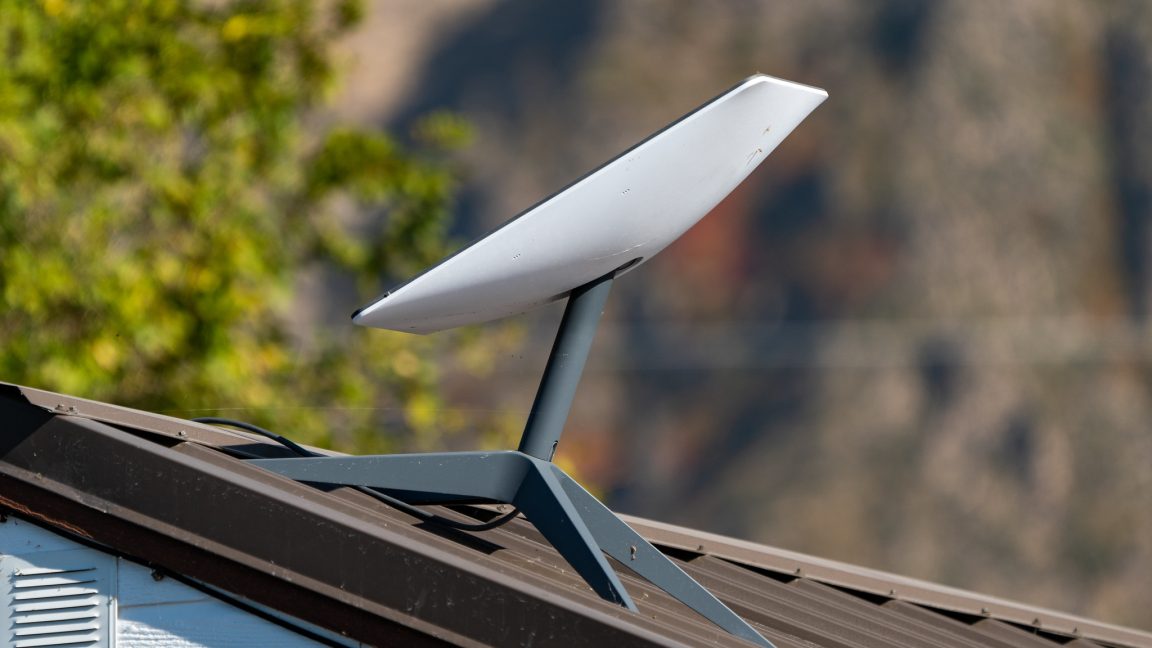India finalises new EV policy with reduced import duties, incentives to set up local manufacturing
The scheme was first announced in March 2024 and comes at a time when global EV automakers like Tesla are eyeing India entry.


India has finalised and issued detailed guidelines for its Scheme to Promote Manufacturing of Electric Passenger Cars in India (SMPPCI) as global EV automakers increasingly eye Indian markets.
The scheme was first announced in March this year and outlines investment requirements and timelines for global players looking to enter the country.
According to the guidelines, approved applicants will have to set up manufacturing facilities in India with a minimum investment of Rs 4,150 crore for the manufacturing of electric four-wheelers.
The manufacturing facility will have to be made operational within three years from the date of issuance of the approval letter from MHI. Additionally, these automakers will have to achieve a minimum domestic value addition (DVA) of 25% within the same period.
DVA refers to the portion of a product’s value that is generated within a country during its production process. This would encourage these companies to create employment in the country and develop these vehicles in India.
The DVA should rise to 50% within five years, according to the document. Approved applicants will be allowed to import completely built-in units (CBUs) of e-4Ws at reduced customs duty of 15%.
CBUs refer to electric cars that are manufactured and assembled in another country and then imported into India for sale. This would incentivise global manufacturers to invest in India’s growing EV sector. It also allows electric cars valued at $35,000 or more to be taxed at a 15% duty. However, the reduced customs duty is only applicable for five years.
These guidelines come at a time when US-based Tesla is eyeing entry into the country, with the company having kickstarted the groundwork of setting up its sales and operating teams in India and securing lease agreements for its showrooms in Mumbai and New Delhi.
“The success of this policy will depend on efficient implementation and complementary support systems such as financing, charging infrastructure, and skill development. Overall, it is a timely and strategic intervention that can accelerate India’s shift towards sustainable transportation," said Dhiraj Agrawal, CBO at Mufin Green Finance.
Edited by Affirunisa Kankudti











.png)











